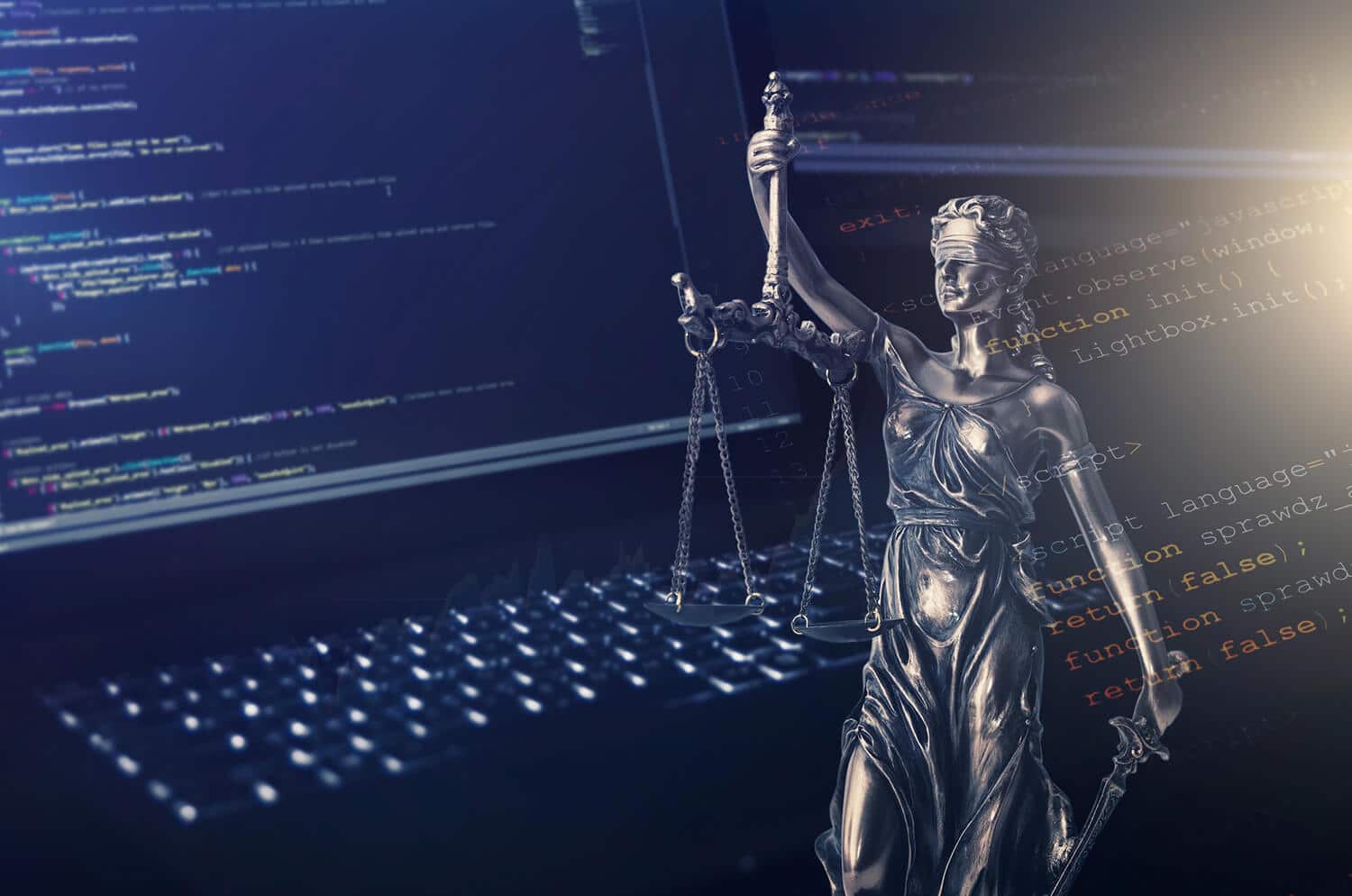The Human Heart of Family Law – Exploring AI’s Role and Limitations

AI’s Legal Capabilities and Critical Human Understanding
AI’s presence in the domain of legal practice is not new, but it most certainly has new applications, which are becoming more sophisticated and even widely adopted. AI’s capability to quickly and accurately process enormous portions of reported content and data makes it an appealing alternative for legal tasks that traditionally demand significant time and resources. Where cases often involve extensive documentation and complex legal requirements, AI’s potential to assist family law lawyers and clients is high, and uphold correct proceedings is apparent. However, while AI may boost efficiency and consistency, it lacks the ability to fully understand all of those complexities that make up family dynamics and individual needs, an area where human expertise thrives and is critical.
Practical Ways AI Supports Family Law Services
Below are some examples of how AI is already being used or could be utilized in family law.
1. Document Analysis
AI systems can sit through vast amounts of legal documents., identifying relevant information and highlighting key points. This can be very useful in divorce proceedings or custody disputes that may involve extensive records, including financial statements and personal histories.
2. Predictive Analysis
Some AI algorithms are even designed to predict case outcomes based on historical data. For instance, by analyzing past childhood custody cases, an AI system might provide not only statistical insights and how similar cases have been resolved, which can assist lawyers and strategy development, but it might also highlight the most relevant and useful case law.
3. Child Support Computing
AI-based tools can help compute child support amounts by merging each parent’s income, custom arrangements, cost of living, and other financial considerations. These tech-infused mechanisms can save time, help save finances, and provide a preliminary estimate, although they should, of course, be reviewed as a supplement to professional legal advice rather than a definitive calculation.
4. Finding Common Ground
Online dispute resolution (ODR) platforms powered by AI allow divorcing couples to negotiate settlements in a digital landscape. These online environments can make the process less confrontational and provide a more structured approach, although human oversight still remains essential and necessary.
5. Client Communication and Information Dissemination
AI-powered chatbots can offer general legal information and assist clients in understanding family law processes. Many law firms already have these chatbots in place, providing quick and sharp answers to frequently asked questions, pulling up attorney legal blogs on related matters, and helping clients identify the initial stages of family law cases. However, they’re not substitutes for human connection, understanding, and personalized legal counsel.
Protecting Human Elements as AI Enters Family Law
While tools offer notable advantages, their limitations and risks are especially pronounced in family law where emotions and individual circumstances play a significant role.
Perpetuating Existing Biases
One of the most pressing issues with AI in this domain fits into two categories: bias and fairness. AI algorithms are prepped on historical data and this can inadvertently reflect and amplify existing biases. In family law, AI tools can predict case developments or suggest case actions. But unwittingly, this could reinforce subjective patterns, such as a preference for one parent over another in custody hearings. Given the highly personal and subjective nature of family law and the need for impartiality, such potential biases present a serious lack of care and risk of unfair outcomes undermining the fundamental aim of justice.
“Artificial” is NOT “Emotional” Intelligence
Another limitation of AI and family law could be seen as its inability to grasp emotional intelligence. Cases in this legal venue are highly complex, emotionally charged situations like custody conflicts and divorce negotiations. These cases require not only legal sense but also an understanding of human emotions, compassion, grace, the nuances that make us all human, and the interpersonal relationships involved.
AI, however, is fundamentally analytical and lacks the ability to fully comprehend or empathize with the emotional needs of these cases. AI may provide data-driven insights, but where it fails is to address the deeply personal aspects that human attorneys are trained to handle and learn, case by case, how to enrich the lives of their clients. They have a background with poignant elements rooted in human nature, leaving a significant and unfillable gap in AI’s application to family law.
Risks to Client Confidentiality
Privacy concerns also emerge when AI is used in family law cases. These matters frequently involve sensitive personal information. AI-driven tools may increase the risk of data breaches or misuse, compromising the confidentiality that is essential to the attorney-client relationship as well as producing a lack of trust between not only client and attorney but client and the legal system. Given the sensitive nature of family law, where privacy is often a client’s principal concern, this inevitable vulnerability opens up parties to an added layer of risk. Further, the most vulnerable parties in many family law cases, the children, could be significantly harmed by any sort of breach during an already tough time. The vulnerabilities underline the demand for stringent data protection measures wherever AI is deployed in family law settings.
Losing Subtleties and Nuances
There is also a potential for over-reliance or dependency on AI to legal practitioners themselves, as AI becomes more integrated into legal practice. There’s a greater concern that attorneys, especially newer ones, might need to be more heavily on these tools. The reliance on AI could erode a new attorney’s critical thinking, analysis, and problem-solving skills essential for sound legal judgment. Family law requires a deep understanding of case subtleties and human emotions and requires skilled legal insight that AI cannot replicate. Without opportunities to regularly use and sharpen their skill sets, attorneys risk dulling their senses when too dependent on AI. The overall quality and accessibility to legal care, professionalism, and skilled legal representation could be dampened or even doomed.
Why Family Law Demands Personal Wisdom and The Enduring Value of Human Legal Expertise
Despite AI’s potential efficiencies, human expertise in family law remains a trait that AI cannot replicate. Attorneys provide legal assistance while conveying empathy and compassion for their clients who are facing hugely transitional and emotionally taxing times. A family law attorney is more than just a legal advisor. They serve as a source of support during what is likely one of the most challenging times in their client’s lives. AI cannot mimic the personal touch and emotional support.
Aside from emotional intelligence, they offer an understanding of specific laws and regulations within their jurisdiction. Each case is unique with its own unique factors that demand tailored approaches, something a standardized AI tool struggles to provide. Attorneys can interpret and apply the law in a way that accounts for individual circumstances and details, whereas AI may lack the flexibility needed for this type of application.
Using Discretion to Employ AI When and Where Appropriate in Family Law Cases

Trust The Experience of your New Jersey Family Law Advocate in the AI Era and Get Personal Guidance
Despite advancements in AI tech, the idea that AI could move in and replace a family lawyer remains far-fetched. AI lacks all of the human qualities discussed above, like empathy, adaptability, and ethical judgment, which are all critical pieces to the practice of family law. Family law requires the ability to relate to clients on a human level, understand their unique needs, and advocate passionately for their best interests. At Bronzino Law Firm, our family law attorneys’ role extends far beyond offering just legal solutions, although they are important. Our priorities and services include guiding clients through hard times, providing reinsurance, and supporting them along the way to their next chapter.
While AI can be a helpful tool, it is just a tool, and it cannot replace the essential human component at the center of family law cases in New Jersey. Family law is called “family” law for a reason. It equates with the fundamental individuality and relationships involved in our lives. At our Ocean and Monmouth County law firm, we never fail to lose sight of our humanity in fostering and building client relationships.
If you are going through a divorce, custody battle, or another family law issue in Marlboro, Matawan, Middletown Township, Neptune, Beach Haven, Beachwood, Berkeley Township, Brick, Point Pleasant, Jackson, or elsewhere in Southern New Jersey, you need the support and human expertise of a family lawyer at your side. We encourage you to contact us today to discuss your situation with our knowledgeable and compassionate team. Call (732) 812-3102 to learn more.







